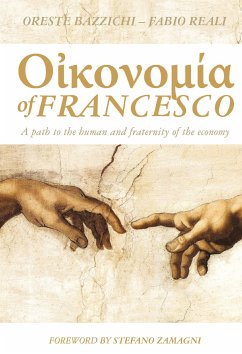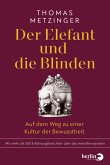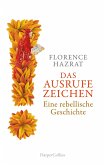The essay shows a scenario where it appears that medieval society, starting with the monasticism of St. Benedict and continuing with the analysis of the Franciscan School, embraces the heart of the relationship between ethics, market and economy, despite the fact that Max Weber attributes to the influence of Calvinist ethics the origin of the spirit of capitalism. Therefore, from the books of the thinkers of the Franciscan School, whose conceptual elaborations are presented here, combined with some successful practical intuitions, such as the Monti di Pietà, lead to the assumption that the theory and practice of the market economy originated well before Calvin and the founder of economic science, Adam Smith (1776). The socio-economic debate of the Franciscan School can prepare a paradigm shift in the current economy on the path towards a humanism of fraternity. The reader will find the path aimed at enhancing expectations of justice in charity (Deus caritas est, 2005), in truth (Caritas in veritate, 2009), in sobriety, sustainability, integral ecology as lifestyles (Laudato sì, 2015) and in universal fraternity as a prophetic and social utopia (Fratelli tutti, 2020)









